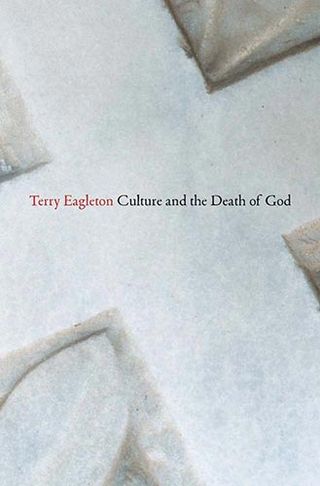
Dustin Illingworth in 3:AM Magazine:
Shrill and appalling, the words still hold something of their concussive effect: “God is dead.” A particular strain of modern agony, crystallized. But if Thus Spake Zarathustraheralded deicide, it was only in the context of a larger rebuttal of metaphysical tradition. Indeed, Nietzsche’s most quotable proclamation has the dubious distinction of also being his most vulgarly misunderstood. Popularly accepted as an incursion on religious belief as such, Zarathustra’s famous utterance has seen the broader implications of its meaning dissolved within a caricatured nihilism. For Nietzsche, God was dead – but so, too, was German Idealism, the polished systems of Hegel and Schelling, to say nothing of the Enlightenment project of an eminently rational progress. It was a disintegration of the reigning spiritual and intellectual frameworks as much as it was a rooting out of God from his many hiding places: morality, culture, grammar and art, to name but a few. Surmounting the God-shaped void, our lonely hero knew, was a task for a theorized posthumanity (or, at the very least, a hardier variety of late European).
The enormous difficulty of this challenge – of discovering a surrogate commensurate with the social, moral and political power of a departed Almighty – is the provenance of Terry Eagleton’s bracing intellectual history Culture and the Death of God. Its central argument – that genuine atheism is both difficult and rare – seems at first blush a bit of wishful apologism, the death rattle of a proud but exhausted cultural model. After all, the diminishment of the sacred is no longer merely the overbold conjecture of an intellectual fringe element. Withered by the profound secularization of capitalist culture, and bolstered by positivism’s new vogue beneath the banners of Dawkins and Harris, God seems, if not dead, than irreparably reduced – something approaching an antiquated curio, or the equivalent of a harmless knocking on dusty wood.
And yet, by way of an ironically Darwinian feat of cultural adaptation, He remains alive and well – if, admittedly, much transformed. His many secular guises constitute and complicate the last 300 years of European thought – from Enlightenment rationalism, to Romantic intuition, to the Modernist culture industry. Eagleton’s oeuvre, a formidable body of literary and cultural criticism deeply informed by his Marxist-Catholic convictions, can be taken as a hostile interrogation of this secularizing tradition. His lively 2009 book Reason, Faith, and Revolution: Reflections on the God Debate, adapted from his Yale lectures, was a polemical broadside against the liberal-humanist prejudices of New Atheism. Culture and the Death of God can be usefully read as a kind of companion volume to this previous work, as it guides the reader through a brisk circuit of recent European history to compile a damning index of secular failure.
More here.
Andrew Brown at The Guardian:
